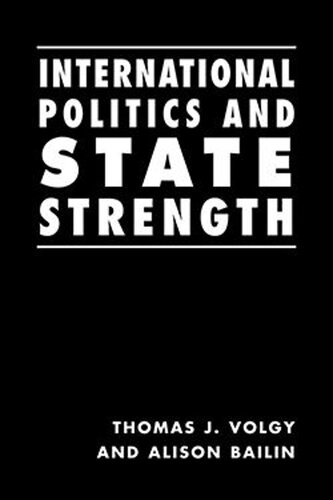

Most ebook files are in PDF format, so you can easily read them using various software such as Foxit Reader or directly on the Google Chrome browser.
Some ebook files are released by publishers in other formats such as .awz, .mobi, .epub, .fb2, etc. You may need to install specific software to read these formats on mobile/PC, such as Calibre.
Please read the tutorial at this link: https://ebookbell.com/faq
We offer FREE conversion to the popular formats you request; however, this may take some time. Therefore, right after payment, please email us, and we will try to provide the service as quickly as possible.
For some exceptional file formats or broken links (if any), please refrain from opening any disputes. Instead, email us first, and we will try to assist within a maximum of 6 hours.
EbookBell Team

4.1
100 reviewsAlthough it has been more than a decade since the Cold War global structure collapsed, neither scholars nor policymakers have clearly identified its replacement. What is the new world order, ask Thomas Volgy and Alison Bailin; and in the midst of declining state strength, who sustains it? They find their answers in the system collectively constructed by the major powers. The authors consider both the nature of state strength and the changing capabilities of the states most likely to construct global architecture. Demonstrating that the traditional structures of global order—hegemony, bipolarity, and multipolarity—are inconsistent with existing and projected patterns of state strength, they present a provocative alternative model that reflects the "creeping incrementalism" of multilateral institutions and the "institutionalized group hegemony" of the G7 states. In their final chapter, they explore the weaknesses of the present architectural arrangements and discuss alternative scenarios.